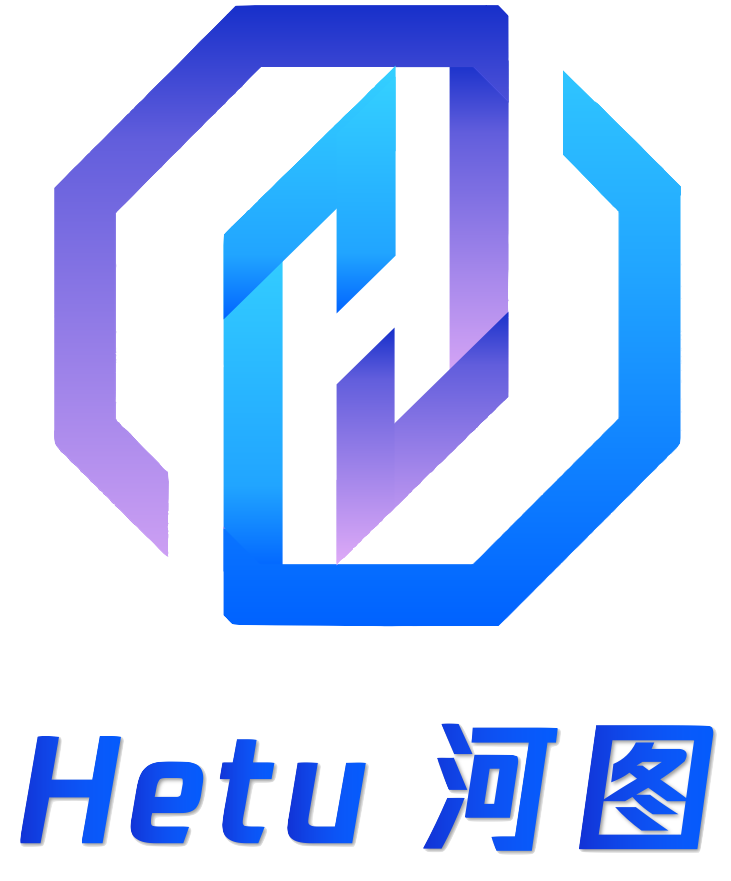EvoMoE: An Evolutional Mixture-of-Experts Training Framework via Dense-To-Sparse Gate
Mixture-of-experts (MoE) is becoming popular due to its success in improving the model quality, especially in Transformers. By routing tokens with a sparse gate to a few experts (i.e., a small pieces of the full model), MoE can easily increase the model parameters to a very large scale while keeping the computation cost in a constant level. Most existing works just initialize some random experts, set a fixed gating strategy (e.g., Top-k), and train the model from scratch in an ad-hoc way. We identify that these MoE models are suffering from the immature experts and unstable sparse gate, which are harmful to the convergence performance. In this paper, we propose an efficient end-to-end MoE training framework called EvoMoE. EvoMoE starts from training one single expert and gradually evolves into a large and sparse MoE structure. EvoMoE mainly contains two phases: the expert-diversify phase to train the base expert for a while and spawn multiple diverse experts from it, and the gate-sparsify phase to learn an adaptive sparse gate and activate a dynamic number of experts. EvoMoE naturally decouples the joint learning of both the experts and the sparse gate and focuses on learning the basic knowledge with a single expert at the early training stage. Then it diversifies the experts and continues to train the MoE with a novel Dense-to-Sparse gate (DTS-Gate). Specifically, instead of using a permanent sparse gate, DTS-Gate begins as a dense gate that routes tokens to all experts, then gradually and adaptively becomes sparser while routes to fewer experts. Evaluations are conducted on three popular models and tasks, including RoBERTa for masked language modeling task, GPT for language modeling task and Transformer for machine translation task. The results show that EvoMoE outperforms existing baselines, including Switch, BASE Layer, Hash Layer and StableMoE.
PDF Abstract




 GLUE
GLUE
 WebText
WebText